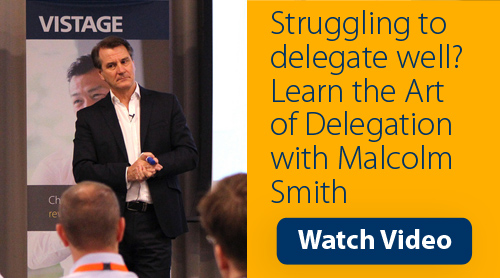
Finally, all the hard work has paid off and you have an opportunity to share your story, or your opinion, with the press. But panic sets in when the date begins to arrive, what is your best course of action to calm those nerves and make the interview a success?
These steps will ensure that both parties (that's right, you and the journalist) get the most out of the opportunities that occur and to encourage you to nurture your media relationships in the right way.
-
Change your mindset.
Don’t be afraid of the media, embrace it. The media offers a huge opportunity to get your message out to a wider audience and raise awareness for your business. It can position you as the experts in your sector and you can build credibility through a third party, the journalist.
Many people forget that a journalist’s job is to tell a story and for that to have depth, insight and credibility they need contributors. In other words they need you, just as much as you need them! -
Preparation
Good preparation has to be the key to achieving the right result. You wouldn’t dream about merging with a new business, sealing the deal on a contract or employing a senior member of staff without finding out all you can about them. Media interviews are no different. You need to ask some key questions including who will be doing the interview, what angle they will be taking on the story and when and how it will appear in the media for example will it be in a magazine, newspaper, online, radio or television.
Thorough preparation will give you the understanding and knowledge to feel more confident when engaging with the media. -
The questions
When it comes to media interviews most people worry about the questions they may be asked. Questions are important but you will never be able to predict every single one. It is good to think of a few basic, difficult and unexpected questions and practice your answers.
If you find yourself in a crisis situation then consider contacting a media trainer as they will think like a journalist and may be able to predict the approach and type of questions you will be asked. -
Your messages
This is where you have all the control and so it makes total sense to spend most of your time identifying your key messages. You need to decide on a few core messages around your business and the topic you will be discussing. The media loves to receive clear, short and simple sound bites. Practice answering questions and see how you can weave your messages into the response. With a few key messages to remember you will find your delivery is much more composed and confident. -
Appearance and image
The media is all about how you come across, in other words does your body language and your tone of voice match your message? Personable, credible, authoritative, enthusiastic, confident – these are all traits we recognise – your message is only as good as your delivery. You have to be able to express your message in the right way.
Be careful about what you choose to wear and always wear something that makes you feel good. Keep your eye contact steady and if appropriate, make sure you smile.
The biggest difficulty that someone being interviewed by the media is likely to face is not having control over the output or being able to see what the journalist has written or edited beforehand - though it is always worth asking the journalist if you can see the copy for accuracy before it goes to print or is broadcast.
I can’t emphasise the importance of taking the time to try and do some role-play exercises beforehand, especially if you are new to the media. Practice, practice, practice.
If you veer off track then stop and ask the journalist if you can do the answer again. They will be more than happy to let you as it helps them in the long run to receive a clean and simple answer rather than a long-winded response that wastes time.
Lastly, keep to your messages. It may seem strange or uncomfortable to do this at first but it is the best way to deal with a media interview. You don’t have to use exactly the same words but you do need to stay on track with the message.
One last tip before begin!
The most important thing to remember before engaging with the media is the word partnership. If you view your relationship with the journalist as a partnership you will feel better and that will come across in your interview. It is always worth remembering that without your input the journalist has an incomplete or worse still, no story.
What kinds of experiences have you had with the press? Have you had a good or bad experience did you apply any of the above- I'd love to hear what worked well for you? Please comment below.
More from Vistage:
Our gift to you...
Apply now for your personal leadership consultation with a Vistage Chair. They'll help you assess areas of strength of your business and identify areas of potential growth.


